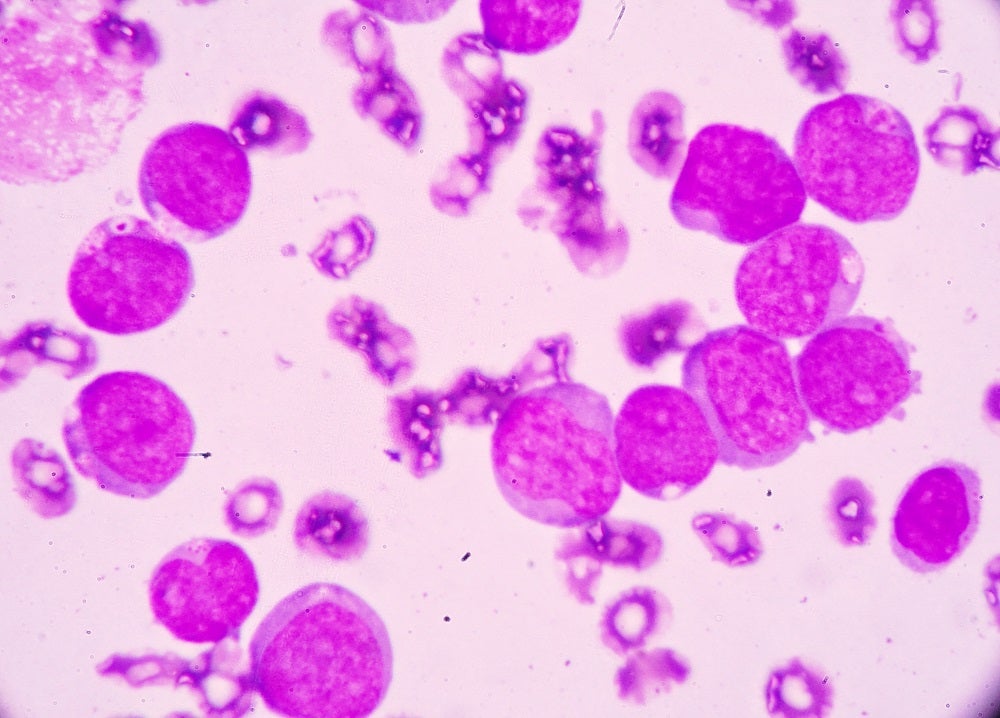At this year’s virtual European Haematology Association (EHA) meeting, held on 9–17 June, the final results from the EURO-SKI study were presented. EURO-SKI investigated the duration of treatment-free molecular response following tyrosine kinase inhibitor (TKI) discontinuation in patients with chronic myeloid leukaemia (CML). The study found that at the three-year follow-up, 46% of patients continued to experience molecular recurrence-free survival without restarting treatment. A major molecular response (MMR) was defined as BCR-ABL1 levels of less than 0.01%. Further evaluation is now ongoing to identify prognostic markers that indicate patients who will be good candidates for treatment discontinuation.
A total of 868 patients were enrolled between May 2012 and December 2014. To be enrolled, patients had to have received at least three years of TKI therapy and demonstrate a deep molecular response (BCR-ABL1 transcript levels of <0.01%) for at least one year. Following a screening phase, patients then discontinued TKI treatment and underwent four to six-week monitoring within the first year. During the second and subsequent years, monitoring was reduced to three-month intervals. Follow-up occurred at six months and three years, with data on 728 patients available at the three-year mark.
Previously reported interim results found that 62% of patients continued to have a treatment-free MMR at six months. Upon final analysis, 61% of patients were found to be in MMR at six months, meeting the first primary endpoint of the trial, prompting the null hypothesis of less than 40% MRR at six months to be rejected. The second primary endpoint was also met, as 46% of patients were in MMR at three years, leading to the rejection of the null hypothesis of 35% of patients or less being in MMR.
Since the introduction of TKIs, the life expectancy of CML patients has approached that of the general population. Treatment-free remission is now frequently discussed, with treatment guidelines including recommendations on the management of treatment cessation for patients with deep molecular responses who have been on TKIs for several years. There are, however, variations between treatment guidelines. For example, the National Comprehensive Cancer Network recommends patients to have been on TKIs for at least three years before considering discontinuation, whereas the European Society for Medical Oncology recommends patients to have been on TKIs for at least five years. In both cases, certain other factors must also be considered.
While it is clear that many CML patients can experience prolonged treatment-free remission, there is a lack of prognostic markers that can aid in treatment decisions. The interim results from the EURO-SKI trial gave evidence that TKI treatment duration and the duration of deep molecular response could both be important prognostic markers. Further analysis of the final results will be important to help define future treatment guidelines and potentially allow more patients to discontinue treatment, thus reducing costs to healthcare systems and saving patients from unwanted treatment-related side-effects.

US Tariffs are shifting - will you react or anticipate?
Don’t let policy changes catch you off guard. Stay proactive with real-time data and expert analysis.
By GlobalData





